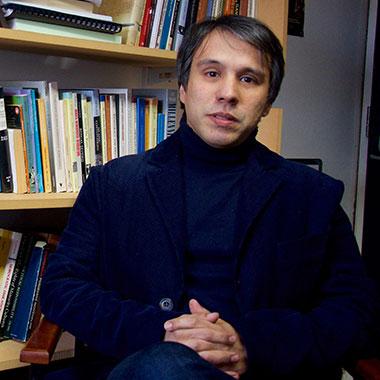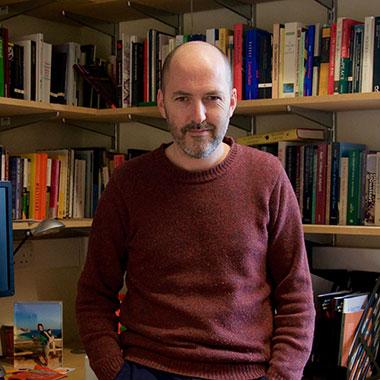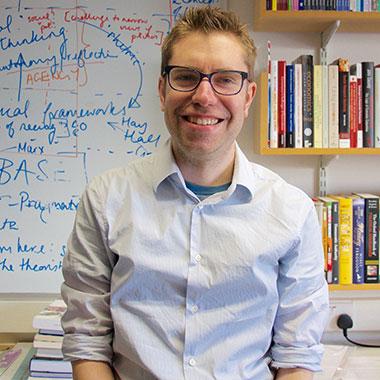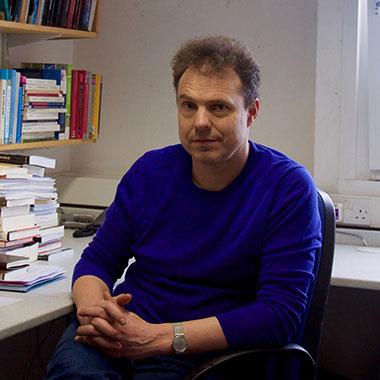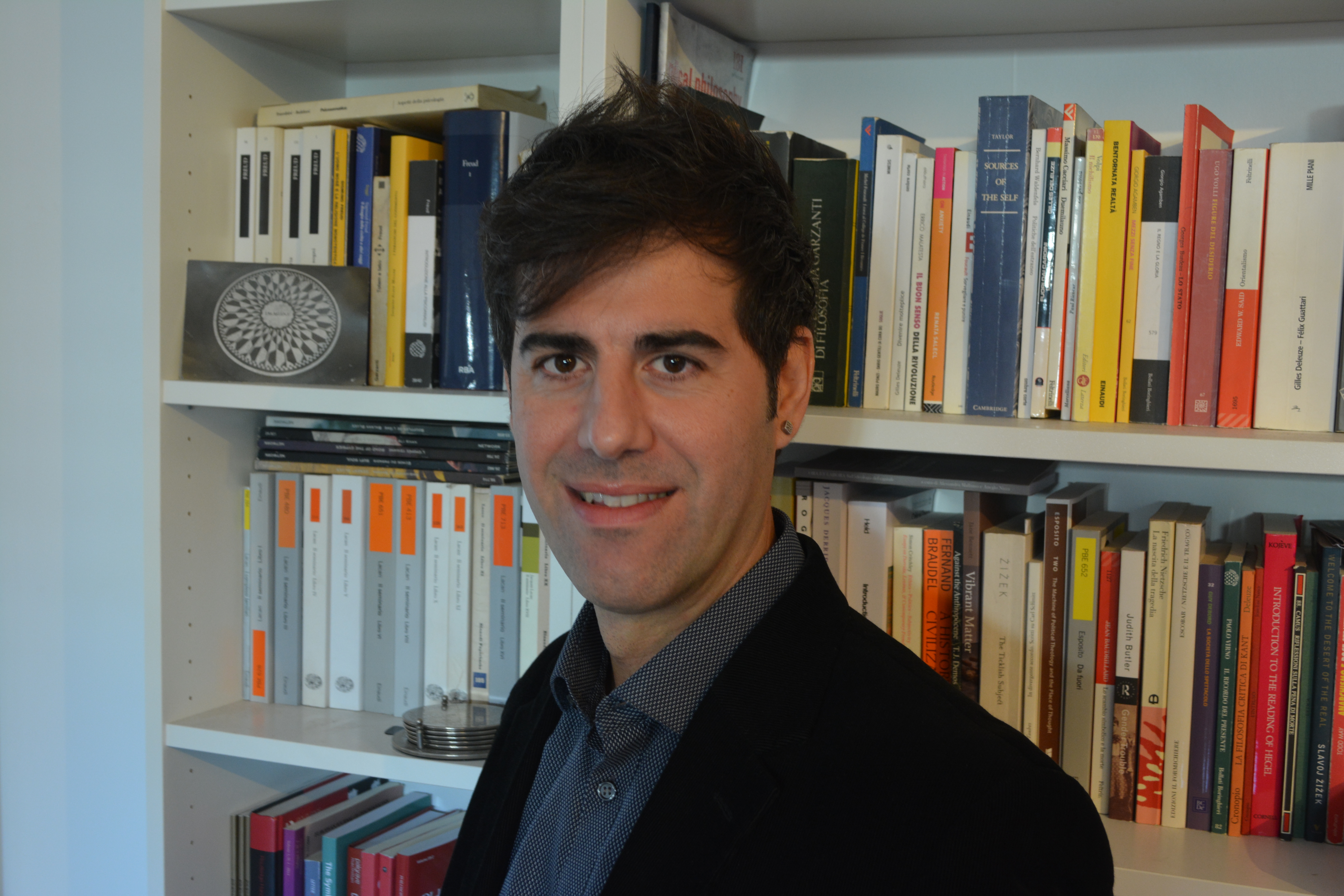Staff in the Department of Politics and International Relations
In this section
Staff list
Dr Bernadette Buckley
b.buckley (@gold.ac.uk)
Bernadette is interested in the complex relationships between art, war and terrorism.
Francisco Carballo
f.carballo (@gold.ac.uk)
Francisco addresses Latin American politics from below, decolonial and postcolonial theory and rough politics.
Professor Will Davies
w.davies (@gold.ac.uk)
My research looks at how expert knowledge is deployed politically in neoliberal societies.
Dr Simon Griffiths
s.griffiths (@gold.ac.uk)
Simon teaches, writes about, and comments on, contemporary British politics, the history of political thought in the UK, and public policy.
Dr Paul Gunn
p.gunn (@gold.ac.uk)
Paul’s work looks at political complexity, error, and ignorance, and the institutional mechanisms available in contemporary political economy that can address these problems.
Dr Rachel Ibreck
r.ibreck (@gold.ac.uk)
Rachel’s work explores political struggles for human rights, justice and memory in Africa.
Dr Maria N Ivanova
m.ivanova (@gold.ac.uk)
Maria Ivanova’s research interests include social theory and political economy, theories of money and finance, crisis theories, international and comparative political economy, and the political economy of the United States.
Dr Jeremy Larkins
j.larkins (@gold.ac.uk)
Jeremy’s primary research area is in the cultural and intellectual history of international political theory.
Dr David L Martin
d.martin (@gold.ac.uk)
David’s expertise is in the fields of postcolonial theory, cultural geography, medical humanities and the history of religion.
Professor James Martin
j.martin (@gold.ac.uk)
James Martin is a political theorist interested in culture and conflict in modern politics
Dr Andrea Mura
a.mura (@gold.ac.uk)
Andrea has research interests in Political Philosophy, Geopolitics, and Postcolonial Theory.
Professor Saul Newman
s.newman (@gold.ac.uk)
Political theory, democratic governance and history of political thought.
Dr Peter Rees
peter.rees (@gold.ac.uk)
Peter Rees is a political theorist and postdoctoral researcher focusing on migration, citizenship and rights.
Dr. Ekaterina Rozanova
e.rozanova (@gold.ac.uk)
Ekaterina teaches international relations and researches soft power, culture, and security.
Dr Derek Wall
d.wall (@gold.ac.uk)
Green political economy, commons, Elinor Ostrom, the politics of climate change and social movements

